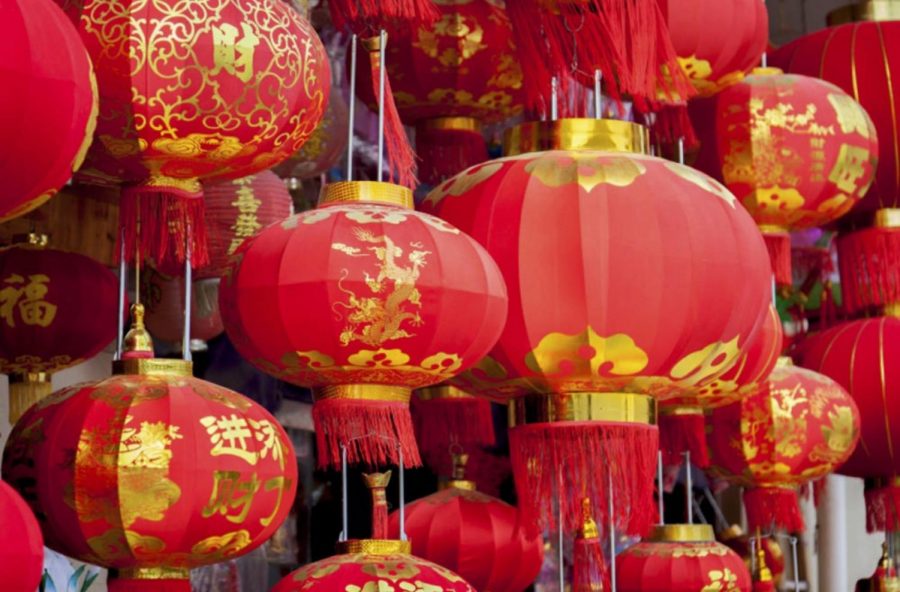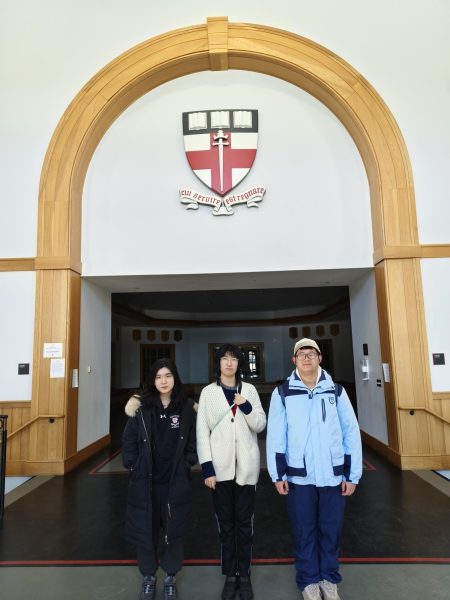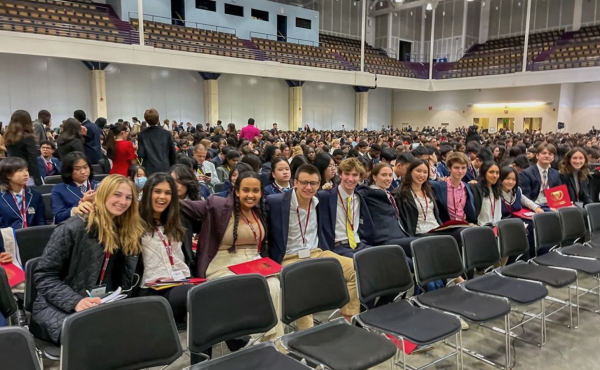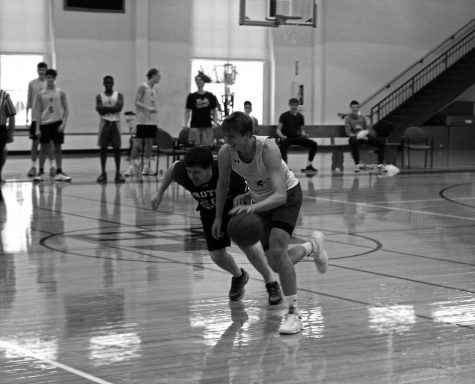Chinese New Year
Bright lights streak across the night sky with dazzling brilliance, illuminating cities below. After a day of outdoor festivities, Chinese families are gathered in front of the television to watch the Spring Festival Gala, a famous national television show, and count down the minutes until the new year. Chinese New Year is a time to celebrate, show gratitude, and look ahead.
China’s Spring Festival is one of many ways that different cultures celebrate the start of the lunar new year, which falls on February 5th in 2019. The Spring Festival arose as a way to honor household and heavenly deities as well as ancestors. It began as a folktale: A long time ago in the mountains, there lived a horrible demon called Nian who would come down to feast on the villagers at the start of every year. One year, however, an old man informed the villagers that the beast was scared of the color red, loud noises, and weird creatures. So that night, the villagers hung red signs on doors, played the drums, and lit firecrackers. After that night, Nian never returned. People thus started celebrating the new year by donning red clothing, displaying the color red, and making boisterous sounds.
The Spring Festival is a fifteen-day long celebration. On the first night, families gather for a meal and the lighting of firecrackers. On nights two through fourteen, visiting relatives is a common tradition. Children pay respect to their elders and distant relatives. In return, the elders will typically give the children Hong Bao, a “red envelope” containing money for good luck. The celebration concludes on the last night with the Lantern Festival, when lanterns are put up on the street lights, in households, and in offices. People also feast on Yuan Xiao, traditional sweet dumplings that symbolize family reunion and good luck for the new year.
With a significant Chinese population on campus, totaling at 48 students, Groton calls for a celebration of the lunar new year. A formal recognition of the Spring Festival at Groton ended two years ago, as the celebration has been incorporated into Cultural Day. This year, Chinese teacher Shannon Jin and International Community Advisor Program Head Rebecca Stanton, driven by the motivation to spread Chinese culture and to make international students from China feel at home, hope to bring back the tradition. This year, as a result of their efforts, a group of teachers will be hosting a number of Chinese-inspired activities on February 6th from 5 to 7 pm at the dining hall, such as Chinese chess, calligraphy, and chopstick competitions. Art teacher Jennifer Ho will also host a painting class to teach authentic Chinese painting. Finally, a Beijing opera group performance later in the evening will perform and provide all Groton Students with an opportunity to showcase their own talents. In addition, there will be a variety of Asian foods provided by the Dining Hall, intending to cultivate a sense of community and cultural celebration that extends beyond just the Chinese students. Two weeks after this celebration, there will also be a trip open to any interested faculty and students to see Chinatown’s 2019 Lion Dance Parade in Boston.
Ms. Jin believes that this community-wide event will enable students to understand the value of immersion into distinct cultures. She said, “The fun [and] educational event is open to all… it [will be] used to spread the awareness of the importance of culture, helping students understand that traditions are inextricably tied with who people are.” Hopefully, these events will be a time for students to learn about one another on a deeper level.








